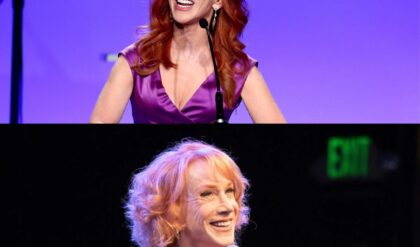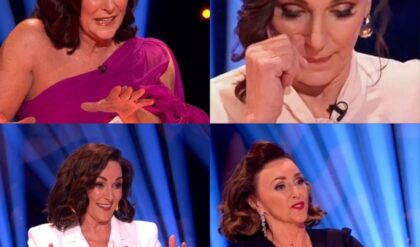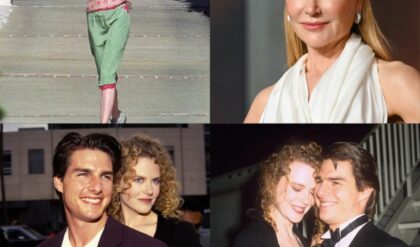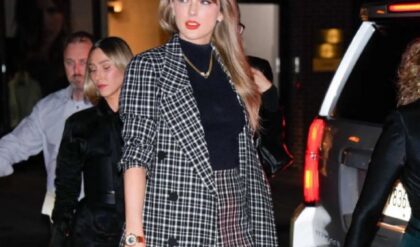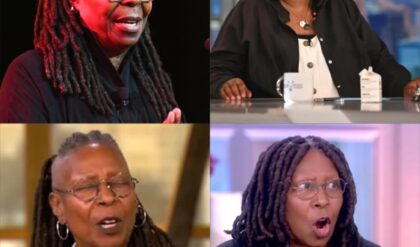Dave Dombrowski can’t help but feel some sense of regret after the Phillies early postseason exit.

The Philadelphia Phillies made it to Game 7 of the NLCS in 2023 and hoped that 2024 was going to be their year. Unfortunately, after their best regular season in over a decade, that didn’t turn out to be the case.
The Phillies went 95-67 on the year, winning the NL East for the first time since 2011 and earning a first-round bye. That kind of regular season paired with their recent history of postseason success gave Phillies fans optimism that a deep run was in store, but unfortunately, they won a total of one playoff game and got bounced by their division rivals, the New York Mets.
The players deserve a bulk of the blame for coming up short in the biggest moments, but that doesn’t mean that Phillies president of baseball operations Dave Dombrowski is blameless. He should have regrets about how this team was assembled even going back to last offseason. These four regrets stick out.
4. The Phillies needed more than what they got from Carlos Estevez
The big trade that the Phillies made at the trade deadline saw them acquire Carlos Estevez. The reason why they made this deal was abundantly clear – they needed a closer. Estevez might not have been a huge name, but he was in the middle of a dominant season with the Los Angeles Angels. If he kept that up in a Phillies uniform, things might’ve been different. Unfortunately, that wasn’t how this unfolded.
Estevez pitched pretty well down the stretch for Philadelphia, posting a 2.57 ERA in 20 appearances, but he blew two of his eight save chances and also took two losses. Additionally, he was the one who gave up the back-breaking grand slam to Francisco Lindor in Game 4 of the NLDS. Rob Thomson didn’t put him in the best position, but Estevez still simply has to keep the ball in the yard in that spot.
It’s not Dombrowski’s fault that several All-Star-caliber relievers (including Estevez) simply didn’t show up in the postseason when they did for most of the regular season, but giving up George Klassen and Sam Aldegheri for a couple of shaky months from Estevez looks brutal in hindsight considering the production Estevez gave them.
3. The Austin Hays trade proved to be worthless for the Phillies
Instead of making a major blockbuster trade to bolster their offense, the Phillies made the decision to trade for Austin Hays in a deal with the Baltimore Orioles. Hays was acquired to, at the very least, crush left-handed pitching if not play every day in left field. His numbers with the Phillies were not good at all.
The 29-year-old slashed .256/.275/.397 with two home runs and six RBI in 22 games with Philadelphia. He missed time with injuries, and was useless in the postseason.
Hays started one game in the NLDS, going 0-for-3 with two strikeouts. He came into a game off the bench as well and struck out in his only at-bat. He looked so bad in his lone start to the point where the inexperienced Weston Wilson started Game 4 of the series against a left-hander in left field over Hays.
Giving up Seranthony Dominguez who was in the midst of a down year with the Phillies for Hays didn’t hurt too much, but perhaps Dominguez would’ve found a way to show up in October in a Phillies uniform. We know Hays did not. There’s a good chance Hays will be non-tendered this offseason as a result of his struggles post-trade.
2. The Phillies needed one more big bat
The Phillies were linked in trade rumors involving several big-time bats like Jazz Chisholm Jr., Brent Rooker, and Luis Robert Jr., but the only position player that they acquired was Hays. At the time, it seemed somewhat acceptable that Philadelphia passed on a big-time bat because of how loaded their offense was on paper. In hindsight, though, missing out on a big bat proved to be key.
The only Phillies position players who showed up in October were Bryce Harper and Nick Castellanos, and even they were inconsistent. Kyle Schwarber had the early home run, and Bryson Stott had the huge two-run triple in Game 2, but that’s really all they got. The Phillies scored a total of five runs in the three games that they lost, and two of those runs came in games that were virtually out of reach.
No, predicting that Schwarber would go 2-for-16, Trea Turner would go 3-for-15, Alec Bohm would go 1-for-13, and J.T. Realmuto would go 0-for-11 wouldn’t have made much sense, but still, it feels as if this team would still be playing had they traded for a guy like Brent Rooker.
1. Dave Dombrowski regrets not making a blockbuster move at any point
Dave Dombrowski’s No. 1 regret has to be his lack of urgency to build a team to win in 2024. Yes, on paper, the Phillies had as good of a team as anyone, but that doesn’t mean that they couldn’t have done more. Over the last calendar year, Dombrowski shied away from making the game-changing move that Phillies fans clamored for.
The marquee free agency addition was Whit Merrifield, a utility man who struggled so mightily on the Phillies to the point where he was DFA’d. They essentially ran back a team that lost in the NLCS without Craig Kimbrel. The marquee trade additions were Estevez and Hays, two players who underperformed expectations with the Phillies.
This Phillies core isn’t exactly young. Harper, Schwarber, Turner, Castellanos, Realmuto, Wheeler, and Nola are all over the age of 30. Their time to win was right now, and the best players Dombrowski acquired were Merrifield, Estevez, and Hays. Really?
The Phillies had the prospects to get a whole lot more than what they did. Not only did they have Klassen and Aldegheri, but guys like Andrew Painter, Justin Crawford, and Aidan Miller were not moved. It’s hard to part with high-end prospects, but it shouldn’t be super difficult for a team in a clear win-now window.
Hopefully, this offseason will be one that sees Dombrowski make major moves. Will they spend on Juan Soto? I don’t know, but whether it’s through trades, free agency, or both, major upgrades need to arrive this offseason to bolster the lineup and bullpen primarily.
